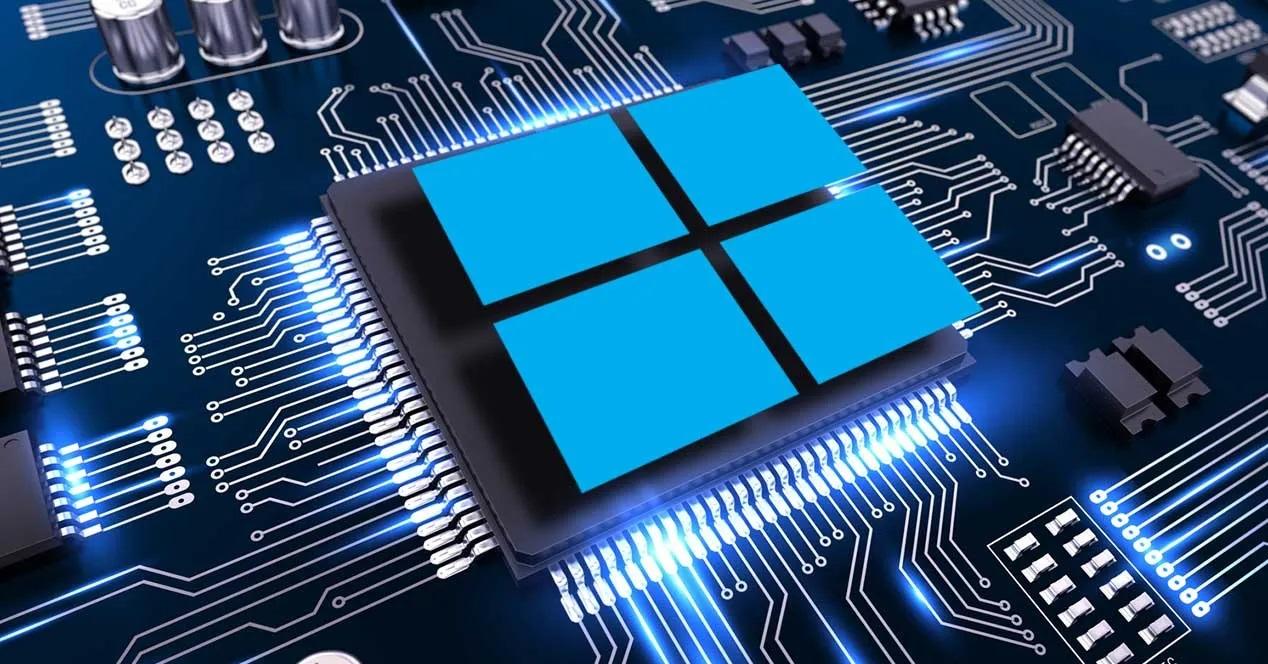Plans for China's invasion of Taiwan could be thwarted by a leading European chipmaker's "kill switch," which can remotely deactivate sophisticated chipmaking equipment
Chipmakers ASML and TSMC address concerns about the Chinese invasion of Taiwan with a remote switch for advanced chipmaking machines.

All the latest news, reviews, and guides for Windows and Xbox diehards.
You are now subscribed
Your newsletter sign-up was successful
What you need to know
- In November 2023, the US government imposed exportation rules preventing NVIDIA and AMD from supplying China with AI chips due to security concerns.
- Top semiconductor brands ASML and TSMC have reportedly disclosed that they can hinder China's chipmaking machines remotely should they manage to invade Taiwan.
- The Biden-Harris administration is mounting pressure on the Netherlands to implement measures that will prevent ASML from exporting AI chips to China.
Generative AI is quickly taking over the tech world, owing to its fast adoption across organizations and companies. The rapid growth of the technology is raising security concerns among major stakeholders, including the Biden-Harris administration. This has prompted exportation rules that prevent chip brands like NVIDIA and AMD from shipping AI chips to China, Saudi Arabia, the United Arab Emirates, and Vietnam.
In the past, the US government explained that stringent exportation rules weren't in force to weaken China's economy. It's more of a safeguard and preventative measure that mitigates the misuse of sophisticated AI technology that could potentially be used to foster military advances.
But there's a better and more effective way to approach this issue. According to a Bloomberg report, ASML and TSMC have a super secret way to remotely access and disable high-tech chipmaking machines. This would especially come in handy in the event that China decides to pursue Taiwan.
Two sources with knowledge about the matter disclosed to Bloomberg that the US government has privately expressed security concerns to its Dutch and Taiwan partners.
For context, Taiwan is the world's hub for semiconductor chips, which are used in a wide array of devices, including smartphones and laptops. China wants to invade Taiwan, claiming the island is part of its territory and wants to reclaim it. If this were to happen, the imminent damage that would occur is unimaginable.
RELATED: Chinese GPU recycling factories have a workaround for the US government's newly imposed export rules
Luckily, the new revelation that both ASML and TSMC's tech has a "kill switch" will make it easier to control and prevent China from manufacturing sophisticated chips that can be used for military advances.
All the latest news, reviews, and guides for Windows and Xbox diehards.
Elsewhere, the US government is mounting pressure on the Netherlands to implement measures that will prevent ASML from exporting AI chips to China. Likewise, the chip brand has indicated that it'll no longer service equipment that it was previously shipping to China.

Kevin Okemwa is a seasoned tech journalist based in Nairobi, Kenya with lots of experience covering the latest trends and developments in the industry at Windows Central. With a passion for innovation and a keen eye for detail, he has written for leading publications such as OnMSFT, MakeUseOf, and Windows Report, providing insightful analysis and breaking news on everything revolving around the Microsoft ecosystem. While AFK and not busy following the ever-emerging trends in tech, you can find him exploring the world or listening to music.
